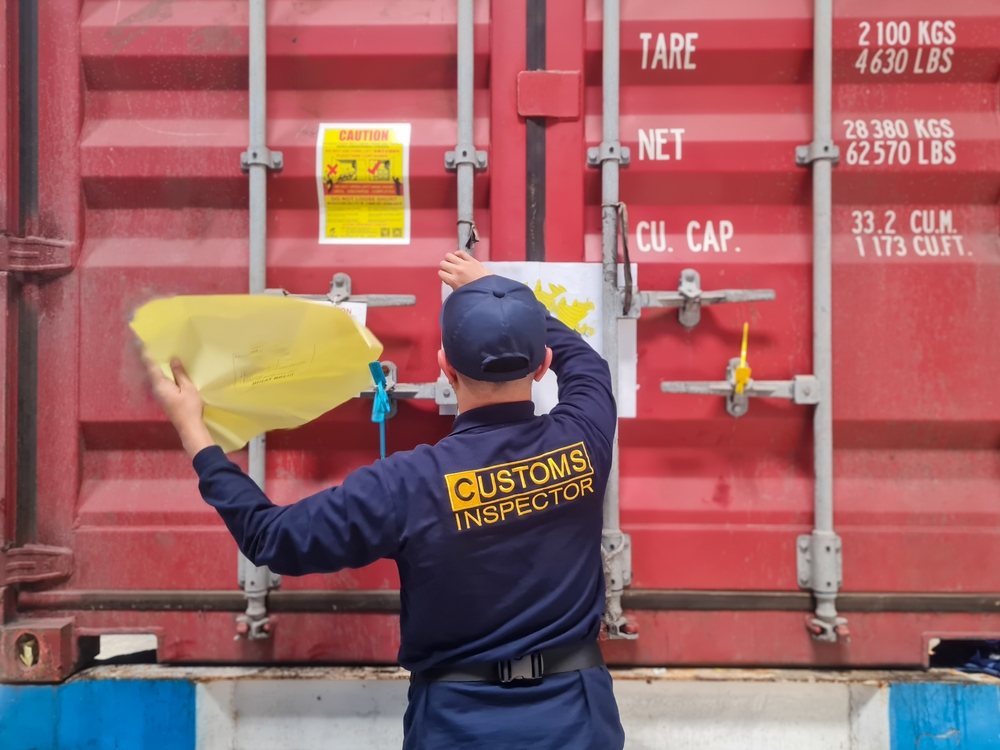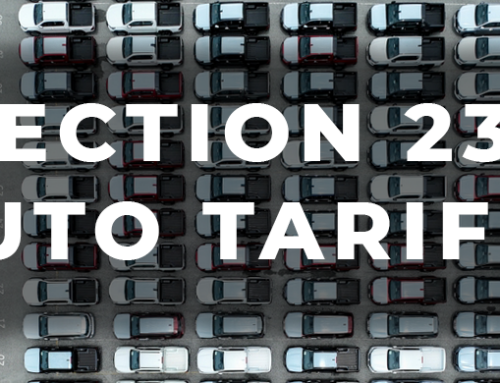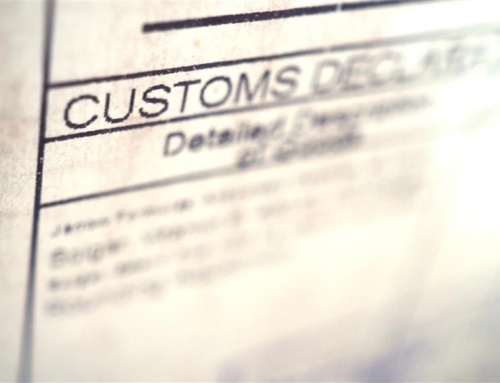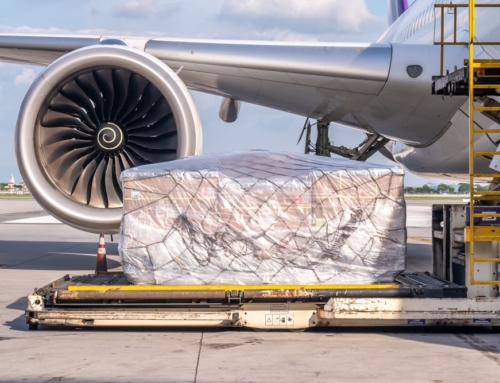UFLPA EXAMINATIONS SINCE IMPLEMENTATION
According to the UFLPA Data Portal, since June 2022, U.S. Customs Border Protection (CBP) has investigated over 8,400 shipments and denied almost 3,400. The total declared value of all shipments investigated passes $3.3 billion, of which $680 million was denied. These denied shipments were found to have violated the Uyghur Forced Labor Prevention Act (UFLPA) with the importer of record unable to provide clear and convincing evidence that the goods, wares, articles, or merchandise were not produced using forced labor or that UFLPA does not apply.
2024 YEAR TO DATE UFLPA STATISTICS
In the 2024 fiscal year-to-date, of the 2,916 shipments examined under UFLPA, 22.7% have been denied, 45.4% were released, and 31.8% are still pending review. The top targeted industries include electronics, apparel/footwear/textiles, industrial/manufacturing materials, base metals, and agriculture/prepared products:
- Electronics: 1,816 shipments examined (60% released, 5.6% denied, 34.3% pending)
- Apparel, Footwear, and Textiles: 466 shipments examined (12.9% released, 55.6% denied, 31.5% pending)
- Industrial and Manufacturing Materials: 240 shipments examined (3.75% released, 88.3% denied, 7.9% pending)
Some industries, like apparel/footwear/textiles and industrial/manufacturing materials, are experiencing more shipment denials than others, such as electronics, which has seen over four times the number of shipments examined than apparel.
INDUSTRIAL AND MANUFACTURING MATERIALS INDUSTRY
CBP has made it clear that while shipments may not originate from China, raw materials can often be sourced from the Xinjiang province using other countries as intermediaries. The denied shipments from the raw materials industry are a great example of how UFLPA is still enforced on shipments originating outside of China, as 78% of the denials (by number of shipments) are shipments originating from Vietnam.
Effective May 17, 2024, 26 entities were added to the UFLPA Entity List and 21 of them are wholesalers who source Xinjiang cotton. Rejection rates for this industry are expected to increase due to these newly added entities.
AUTOMOTIVE AND AEROSPACE INDUSTRY
On May 20, 2024, the Senate Finance Committee released a report on forced labor found in the supply chains of multiple large automotive manufacturers. The violations occurred because the supplier of a main component was found to be using forced labor and supplying through an intermediary firm. The supplier in question notified the intermediary in January of the impacted parts and their prohibition in terms of U.S. imports. Despite this warning, some manufacturers continued to import vehicles containing the banned components only stopping once they were questioned repeatedly by committee staff.
Multiple shipments from these manufacturers have already been held or rejected, with fines being an increasingly likely potentiality. Some of the detained shipments were spare parts separate from any fully assembled vehicles and could be re-exported or destroyed. Fully assembled vehicles needed to have the rejected part replaced before being released. Several thousand fully assembled vehicles have been held at ports until replacement parts were installed.
Companies are expected to know every part of their supply chain and this ruling further enforces that notion. All the affected firms eventually abided by the rulings and stated they take human rights and forced labor issues seriously.
Stay up-to-date on freight news with Green’s Weekly Freight Market Update by following us on LinkedIn. For continuous updates, make sure to check out our website at greenworldwide.com.






